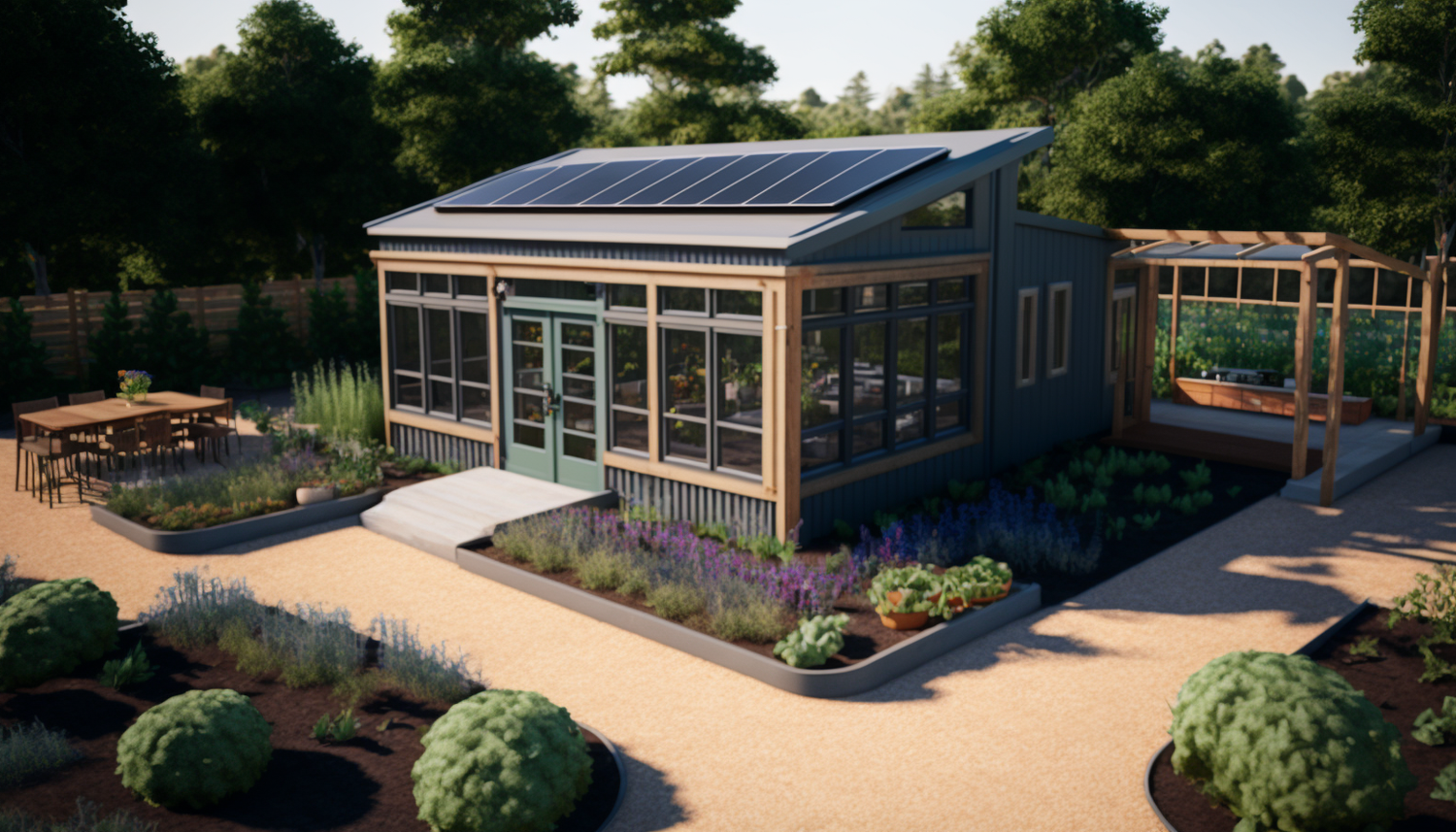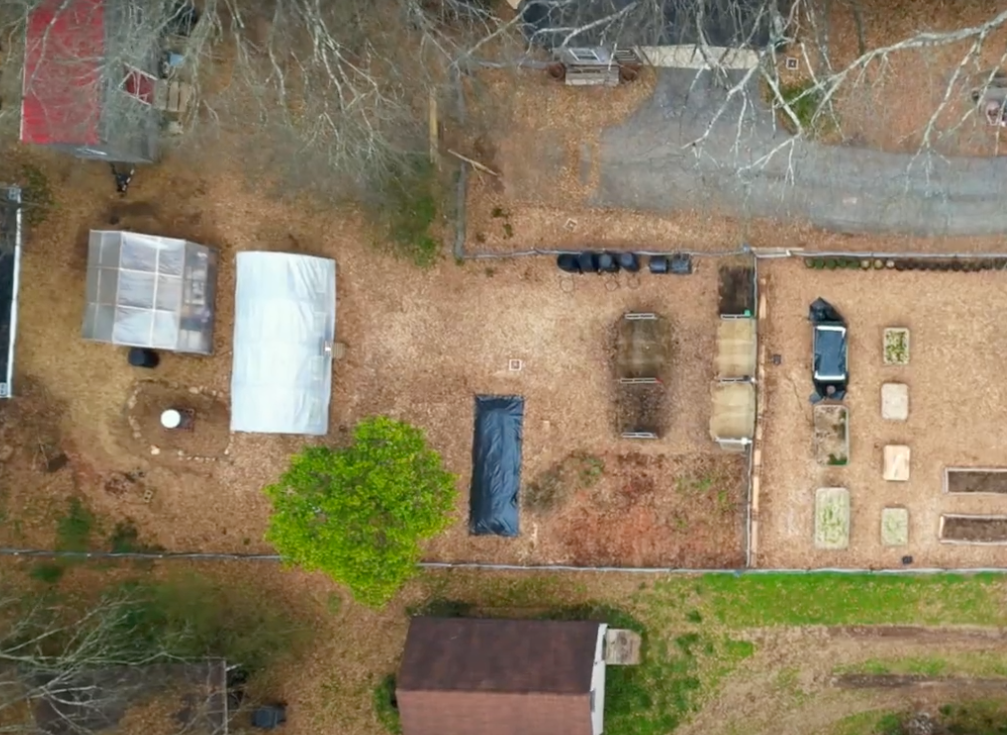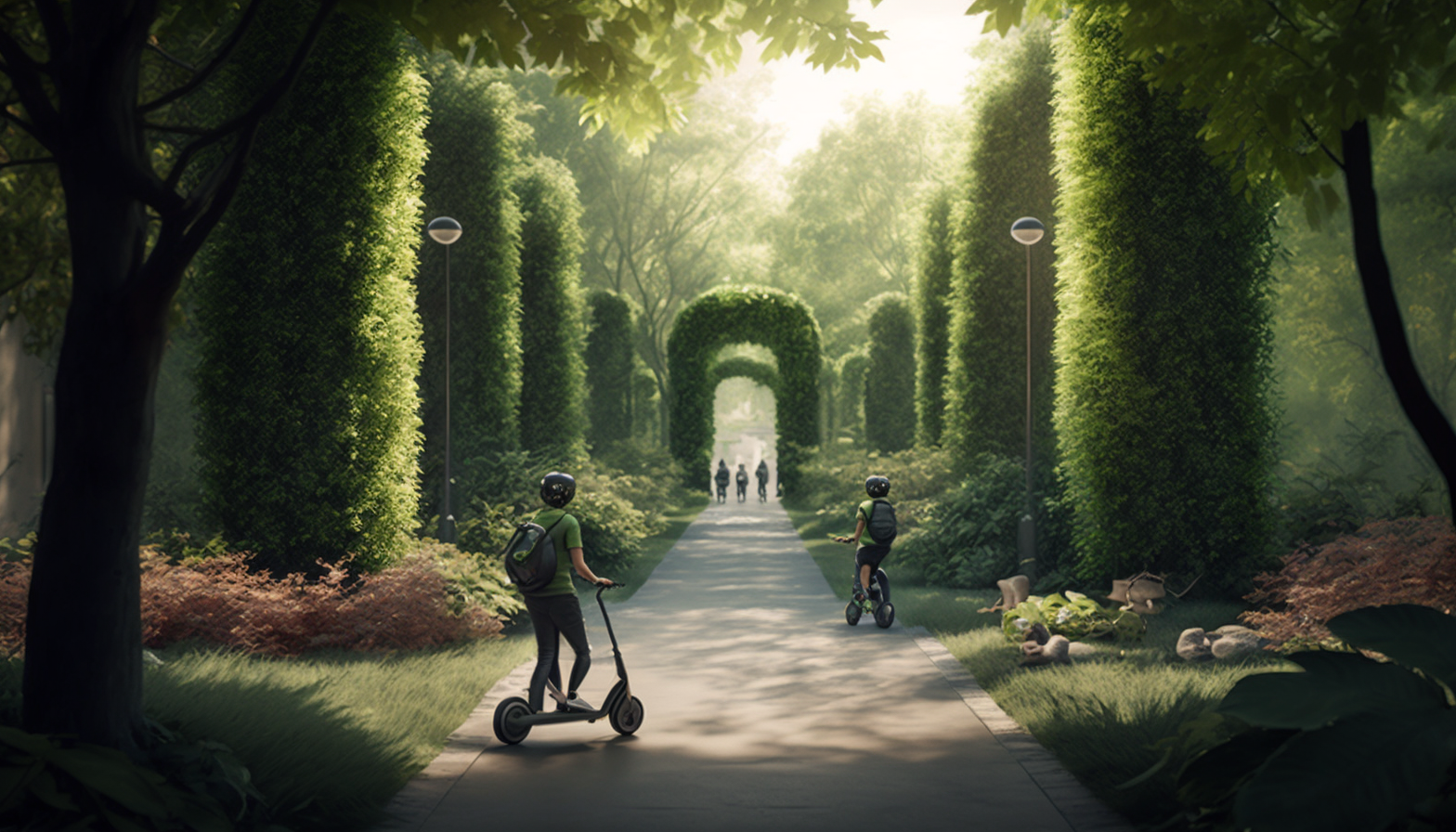Creating a land lab may seem like a daunting task, but it can be easier than you think when you tackle it in tiny steps! With just a few basic tools and some seeds, anyone can start producing their own food and become more independent and resilient. The benefits of such a project-based learning approach are numerous, ranging from gaining valuable STEM skills to experiencing cross-curricular learning. Here is a step-by-step guide to gradually building your own land lab:
- Plant your first herbs in window pots or fabric bags. This is an easy and convenient way to start growing your own food, and herbs are an excellent place to start. They're low-maintenance and can be grown indoors or outdoors.
- Care for a goldfish or guppy in a desktop aquaponics tank and grow micro-greens. Aquaponics is a system that combines aquaculture (raising fish) with hydroponics (growing plants without soil). This is a great way to start learning about the interdependence of different systems.
- Grow oyster mushrooms indoors. This is another easy and rewarding project that requires minimal space and equipment. Oyster mushrooms can be grown on a variety of materials, including coffee grounds and sawdust. Many mushroom producers sell mini kits to make growing oyster mushrooms easy!
- Start composting to improve your soil! Collect your food waste, coffee grounds, shredded paper, leaves, and grass clippings in a metal kitchen compost bin. Composting is a natural process that breaks down organic materials into a rich soil amendment that can be used to fertilize your plants.
- Add an outdoor compost roller to store and rotate compost tidily. This will make it easier to manage your compost pile and ensure that it's aerated properly.
- Grow more herbs outside in fabric raised grow bags. Once you've mastered growing herbs in window pots, it's time to expand your operation! Fabric raised grow bags are an excellent way to grow plants in small spaces, and they're easy to move around.
- Install your first raised beds to grow vegetables like tomatoes, okra, squash, carrots, radishes, and lettuce. Raised beds are a great way to maximize your growing space and improve soil drainage.
- Build a chicken coop to start enjoying fresh eggs. Chickens are easy to care for and can provide you with a constant supply of fresh eggs. Their manure is also an excellent fertilizer for your garden.
- Add a methane digester to convert food waste into cooking fuel for a grill. Use the liquid fertilizer for the garden! Methane digesters use anaerobic digestion to break down organic matter and produce biogas, which can be used as a fuel source.
- Add a small greenhouse for planting seedlings, or keeping the methane digester warm. Greenhouses are a great way to extend your growing season and protect your plants from harsh weather.
- Start raising native black soldier fly larvae as a food source for your chickens. Black soldier flies are an excellent source of protein for chickens and other animals, and they're easy to raise.
- Install a rainwater collection system to begin capturing rainwater for your gardens and chickens. Rainwater is a free and abundant resource that can be used to water your plants and animals.
- Install your first few solar panels and a solar generator to charge up your garden tools and power tools to use sun-power. Solar power is a clean and renewable source of energy that can help you reduce your reliance on fossil fuels.
- Consider building your first large aquaponic tank with IBC totes to raise tilapia, sunfish, or prawns along with leafy greens. This is a more advanced project that requires some carpentry, engineering and plumbing skills, but it's a great way to scale up your aquaponics operation.
- Create biochar to improve your composting. Biochar is a type of charcoal that gives microbes in the soil a porous home. This helps improve water retention and soil fertility.
Land labs can be as small as a patio, or as bigger than 100 acres if you have the space! The point is to go DO things outdoors to educate yourself about agriculture, biology, ecology, engineering, and dozens of other integrated STEM concepts. Land labs give you the opportunity to solve real world problems, and produce practical needs like: Water, energy, food, shelter, and sanitation solutions.
Land labs are a powerful key needed to inspire and educate young people today. If young people feel confident in their practical skills, they will be able to innovate and build more of the sustainable, resilient solutions we need moving forward.


Leave a comment
This site is protected by hCaptcha and the hCaptcha Privacy Policy and Terms of Service apply.